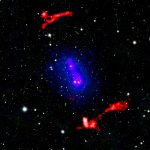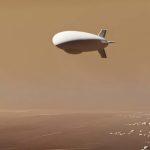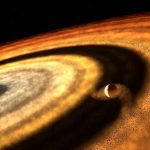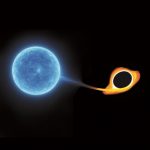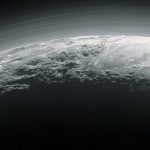Two giant galaxy clusters are about to crash—again
In an extraordinary discovery, astronomers using NASA’s Chandra X-ray Observatory and other telescopes have found evidence that two galaxy clusters—huge groups of galaxies held...
Titan may be the liveliest place in the solar system
Every single organism on Earth, no matter the biome, the kingdom, the domain, whether it's an extremophile in a hot spring or some lithotroph...
How a giant hot planet may have traveled across its solar system
Scientists using the James Webb Space Telescope (JWST) have made new discoveries about the origin and atmosphere of a distant planet called WASP-121b.
This planet...
Astronomers discover most powerful explosions since the big bang
Astronomers have discovered a new kind of massive explosion in space—so powerful that they outshine anything we've ever seen before.
These extraordinary bursts of energy,...
What 500 petabytes of the night sky can teach us about the universe
When we gaze up at a star-filled night sky, we often feel a sense of awe and wonder.
But for scientists, those thousands of points...
When a black hole devours a star: The cosmic quakes, shockwaves, and signals left...
Deep in space, some of the universe’s most dramatic events unfold when two extreme objects—like a black hole and a neutron star—spiral together and...
Scientists confirm Pluto’s mysterious haze is keeping it cool
Pluto may be far from the Sun, but it’s turning out to be one of the most fascinating and complex worlds in our solar...
Missions to Mars with the Starship could only take three months
Mars has received considerable attention in the past few decades, thanks to the many robotic missions exploring it to learn more about its past.
NASA...
The coldest lab on Earth reveals the hottest secrets of the universe
When people think of space, they often picture a cold, empty void. But the space between stars is actually full of invisible activity.
More than...
Pebbles, rocks, and gas: How a giant planet was forged in extreme heat
A distant planet known as WASP-121b has helped scientists uncover new clues about how giant planets form—and it turns out, tiny space pebbles and...

